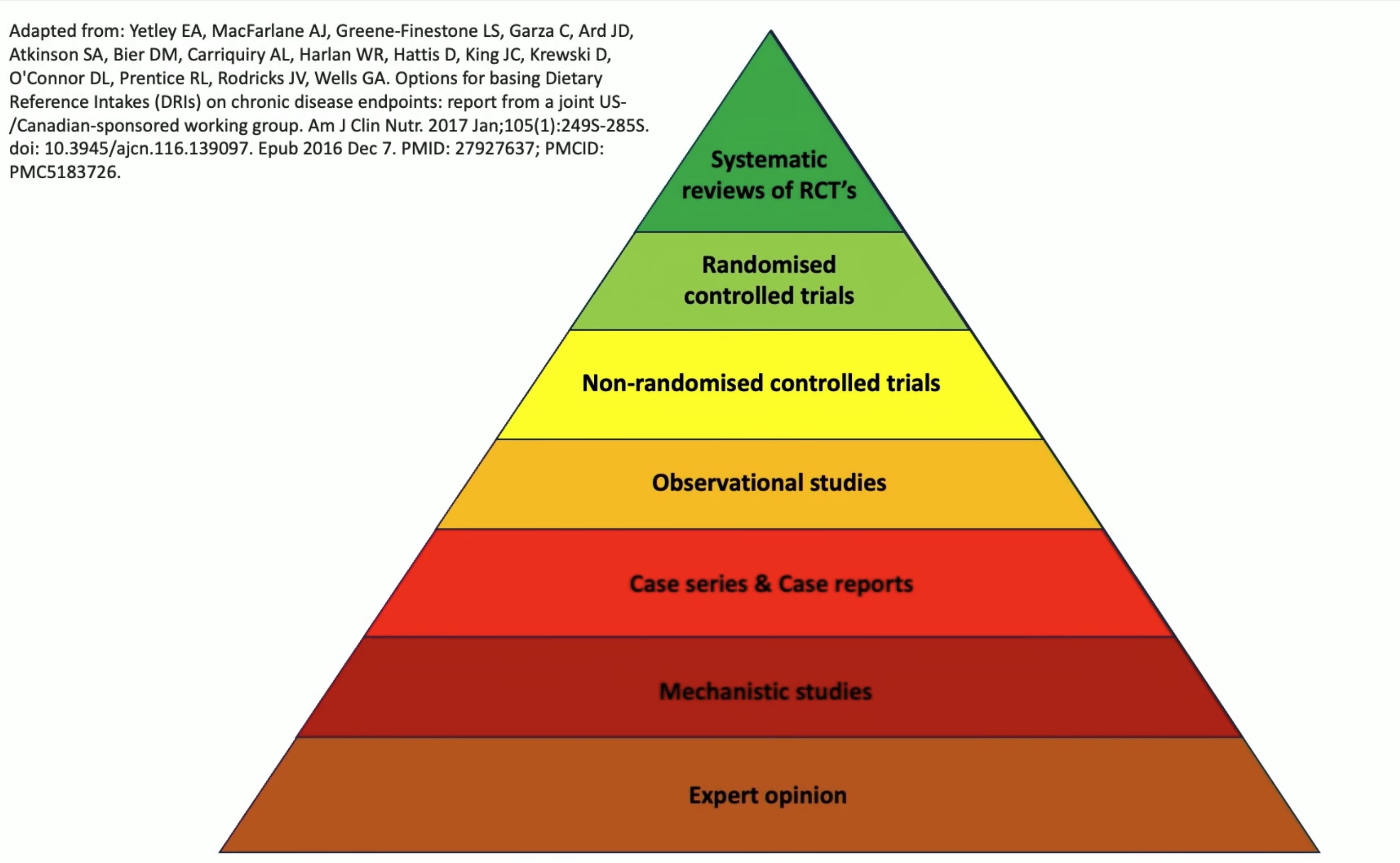Interesting paper, thanks for sharing it. I did a very brief overlook, and they are using FFQs to qualify food intake, they tried to control for healthy patient confounders, but that is very difficult in observational settings.
Not to mention Carnivore is in a ketogenic metabolism, a very different context then sugar and meat eaters.
I'll read the paper in depth tomorrow.
However, in the mean time, I'd like to draw your attention to this meta analysis of RCTs (very strong evidence) https://www.acpjournals.org/doi/10.7326/M19-0622
Low- to very-low-certainty evidence suggests that diets restricted in red meat may have little or no effect on major cardiometabolic outcomes and cancer mortality and incidence.
evidence pyramid

We have a observational study citing a relationship, and a meta-analysis of RCTs not seeing the relationship. The data currently favors Red Meat.